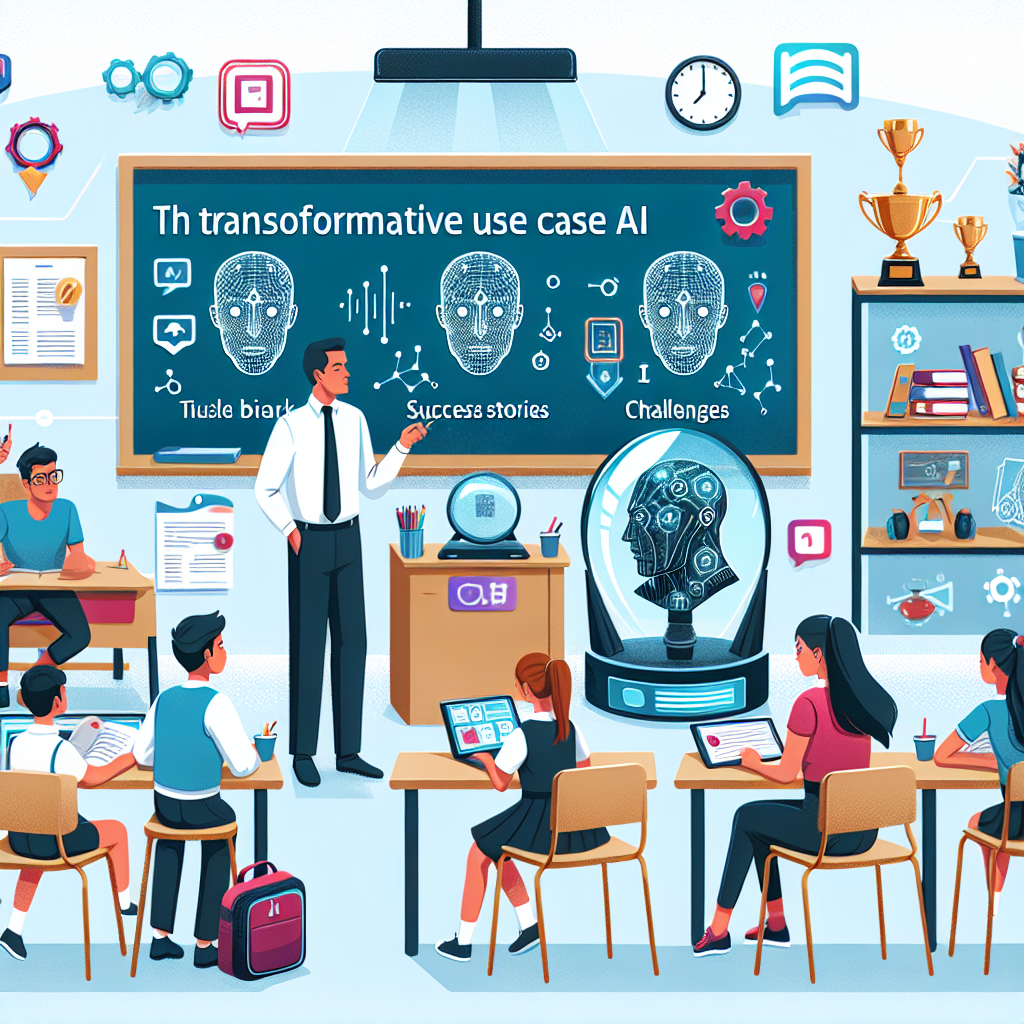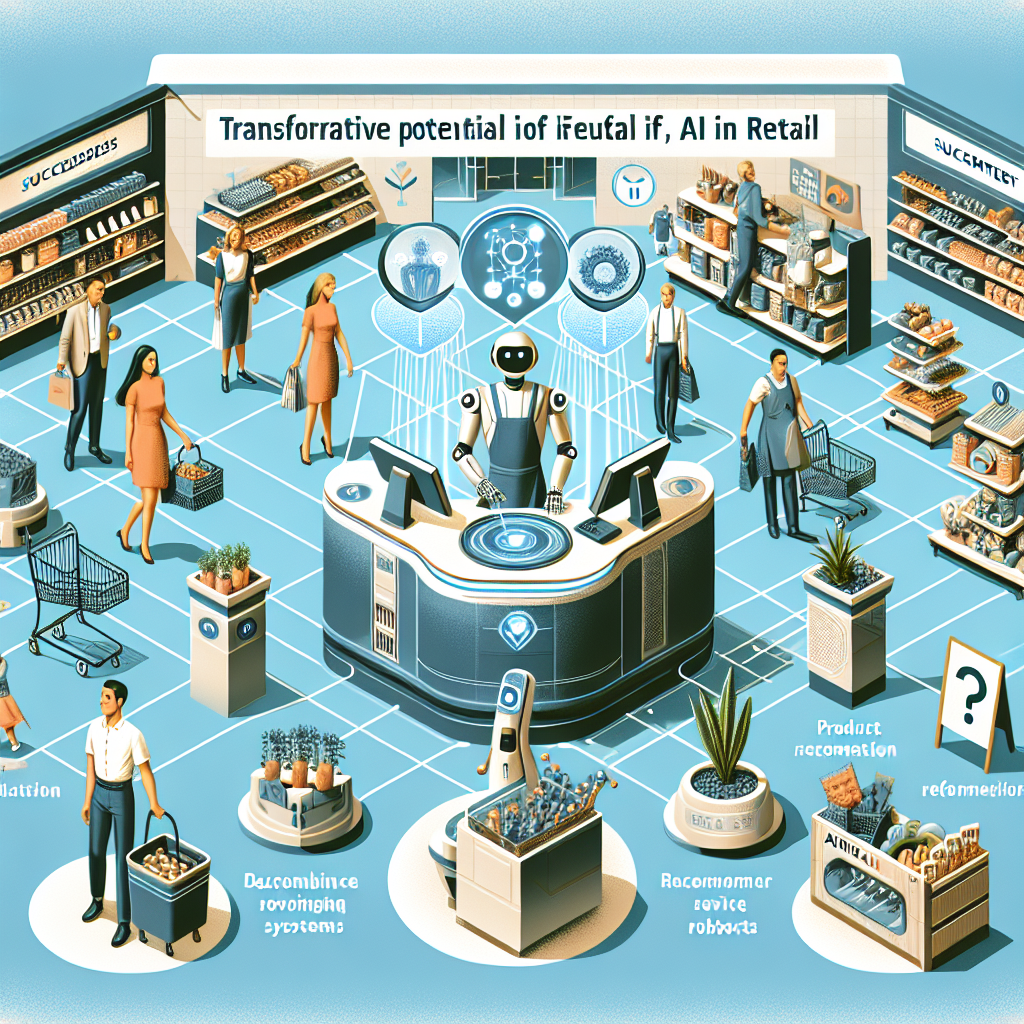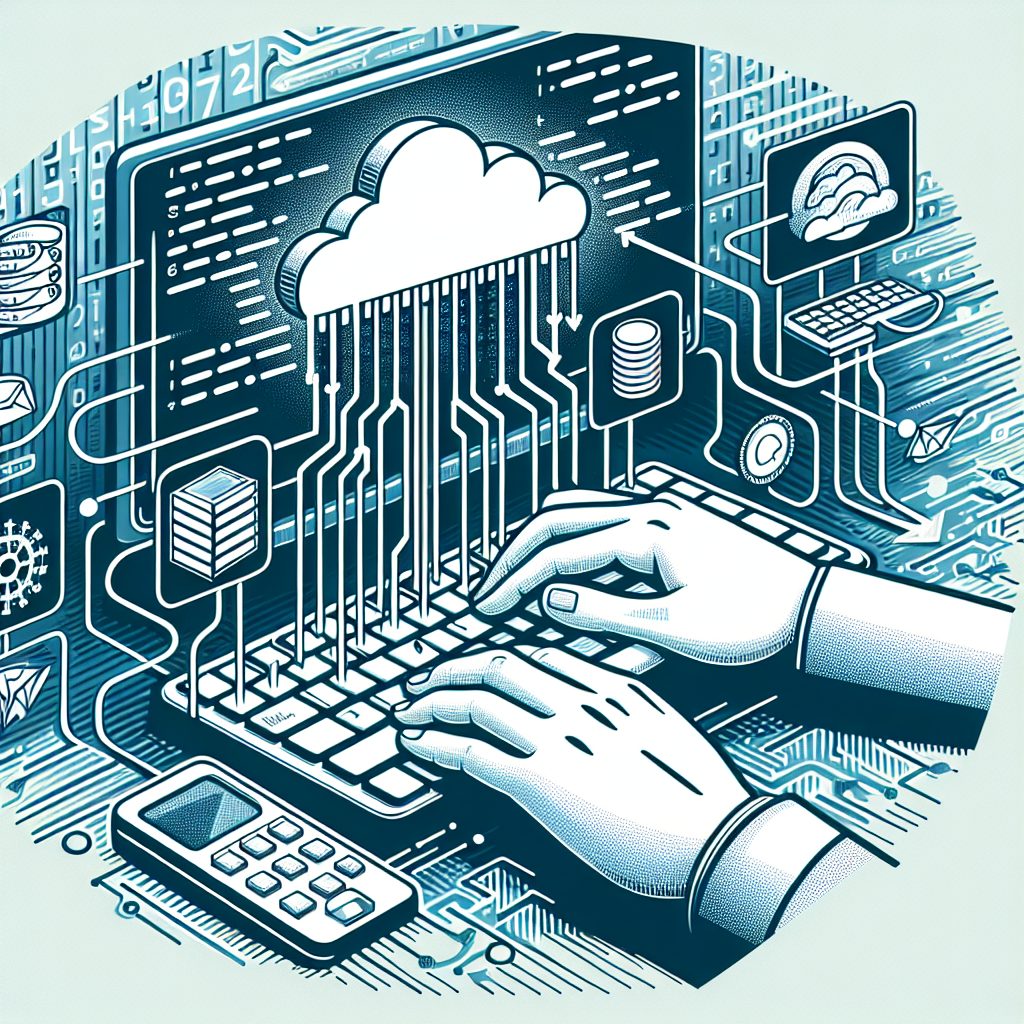AI in Education: Transformative Use Cases, Success Stories, and Challenges

```html
As Artificial Intelligence (AI) continues to evolve, its applications are becoming more pervasive and impactful. One such area where AI is making significant strides is education. From personalized learning experiences to automating administrative tasks, AI is transforming the educational landscape. In this post, we'll delve into various AI use cases in education, share inspiring success stories, and discuss the challenges and lessons learned along the way.
Personalized Learning
AI-powered platforms are tailoring educational experiences to individual learning styles and paces. Companies like Coursera and Khan Academy use AI algorithms to recommend courses, resources, and activities based on student performance and preferences. These personalized learning paths help students grasp concepts more effectively and stay engaged.
However, personalization comes with challenges. One educational institute faced issues when their AI system's recommendations reinforced existing learning gaps instead of addressing them. This highlighted the importance of continuously updating AI algorithms and ensuring they are designed to support diverse learning needs.
Intelligent Tutoring Systems
Intelligent Tutoring Systems (ITS) use AI to provide real-time feedback and support to students. Platforms like Carnegie Learning's MATHia utilize AI to assess student progress and offer targeted interventions. These systems act as virtual tutors, providing immediate assistance and helping students overcome challenges as they arise.
Despite their benefits, ITS are not without limitations. A school system encountered difficulties when the ITS failed to adapt to different cultural contexts and teaching methods. This emphasized the need for AI systems to be flexible and culturally sensitive to cater to a diverse student population.
Automating Administrative Tasks
AI is streamlining administrative tasks such as grading, scheduling, and student enrollment. Tools like Gradescope allow educators to automate the grading of assignments, freeing up time for more meaningful interactions with students. Similarly, AI-driven chatbots are being used for student support services, providing instant answers to common queries.
However, automation can lead to new challenges. An educational institution faced backlash when their AI grading system produced inconsistent results, causing frustration among students and faculty. This highlighted the necessity for human oversight and transparency in AI-driven administrative processes.
Enhancing Student Engagement
AI-powered tools are creating interactive and engaging learning experiences. Virtual Reality (VR) and Augmented Reality (AR) technologies, combined with AI, are being used to create immersive educational environments. For instance, Google Expeditions allows students to take virtual field trips, making learning more engaging and memorable.
Yet, integrating such technologies can be challenging. A school district experienced technical issues and a lack of reliable internet infrastructure, hindering the seamless implementation of AI-enhanced learning tools. This illustrated the importance of technical readiness and infrastructure support for successful AI integration in education.
Identifying At-Risk Students
AI is aiding educators in identifying students at risk of falling behind or dropping out. Predictive analytics tools analyze various data points such as attendance, grades, and engagement levels to flag students who may need additional support. Early identification enables timely interventions, improving student retention and success rates.
However, predictive analytics must be used cautiously. One educational institution faced criticism for relying too heavily on AI predictions, which led to labeling and stigmatizing students. This stressed the need for balanced approaches that combine AI insights with human judgment and empathy.
The Future of AI in Education
The future of AI in education is promising, with advancements expected in areas such as adaptive learning, AI-driven research support, and holistic student development. AI's capabilities in real-time data analysis, personalized recommendations, and automation will continue to drive transformative changes in education.
To fully harness AI's potential, it is crucial to address ethical considerations, data privacy, and equitable access. Collaboration between educators, technologists, and policymakers will be key to ensuring the responsible and inclusive deployment of AI in education.
In conclusion, AI is transforming education through personalized learning, intelligent tutoring systems, automating administrative tasks, enhancing student engagement, and identifying at-risk students. Success stories from platforms like Coursera and Carnegie Learning highlight AI's transformative potential, while challenges underscore the need for continuous refinement and ethical practices. As AI technology evolves, its role in education will expand, offering new opportunities for innovation and improved learning outcomes.
```



